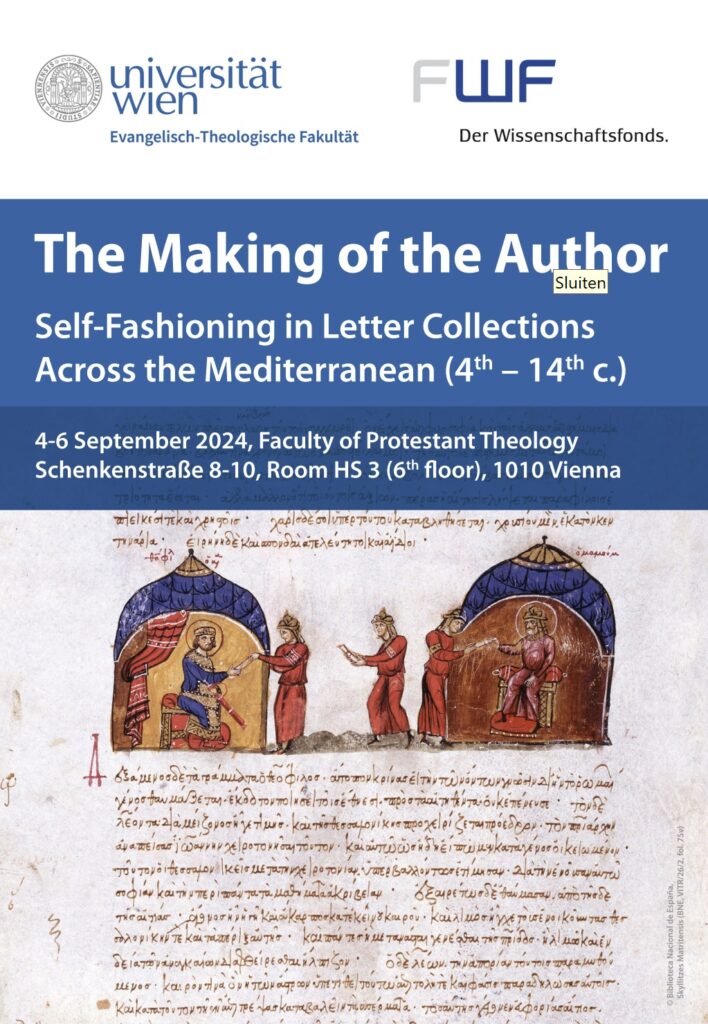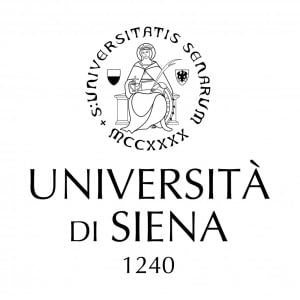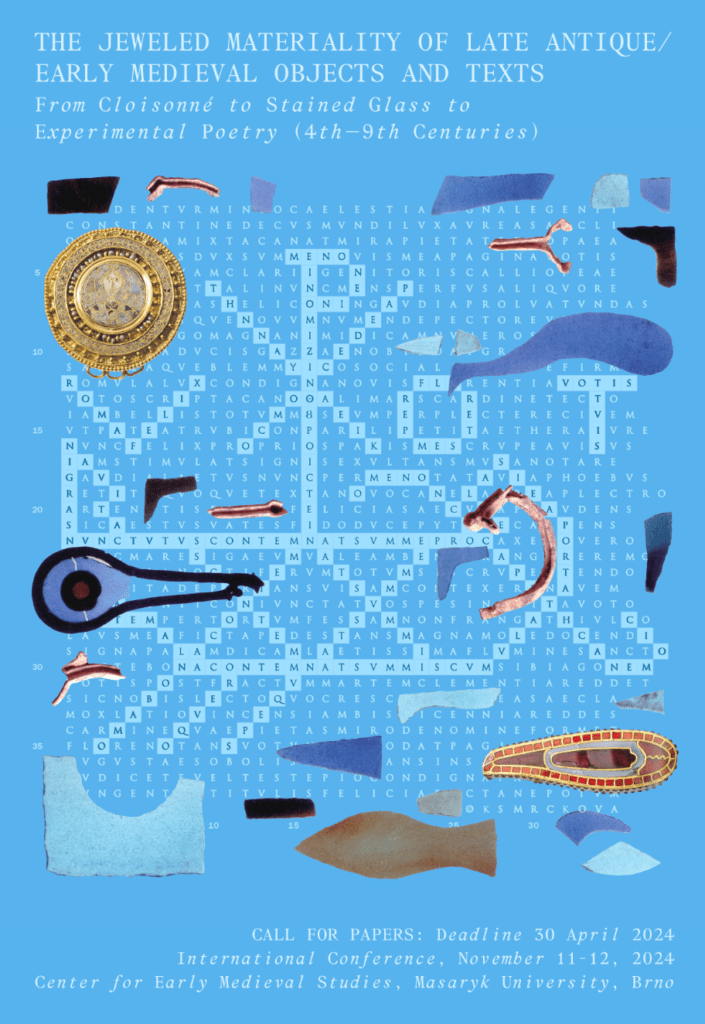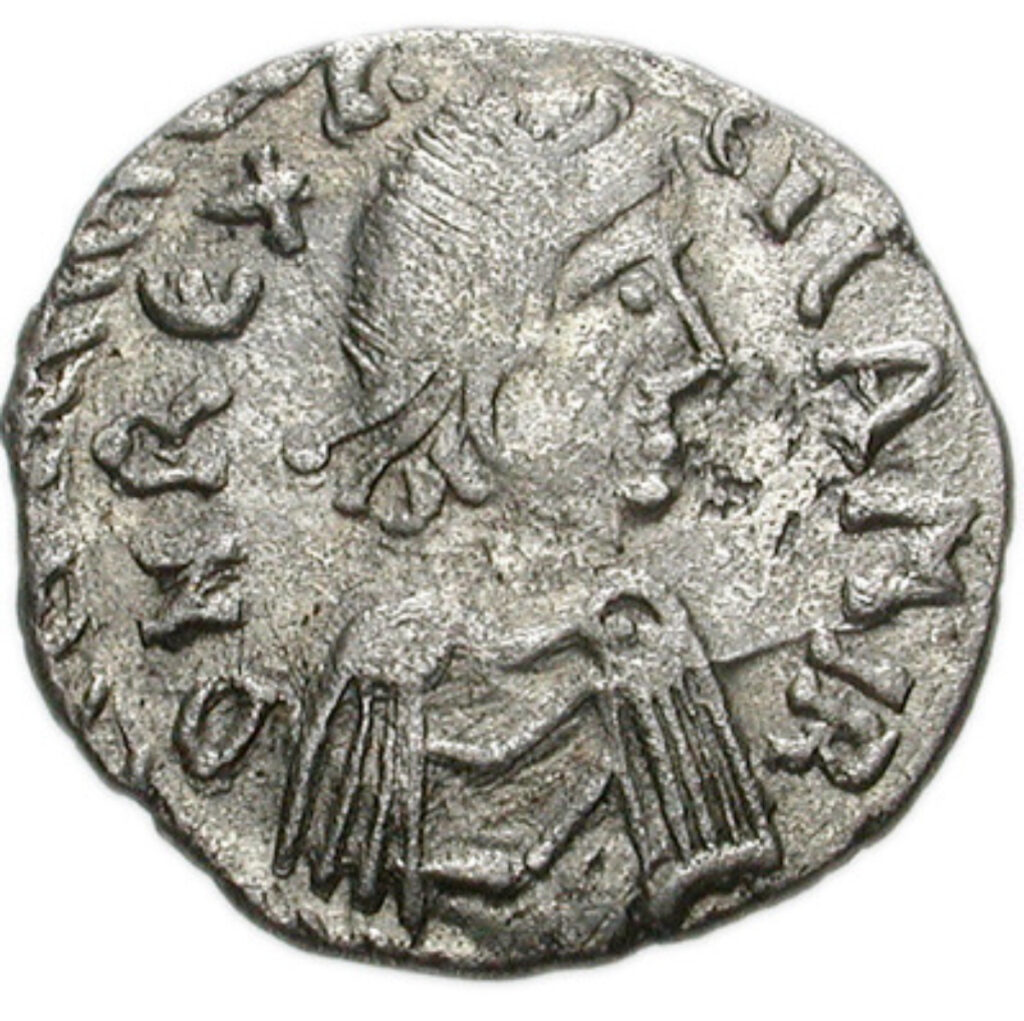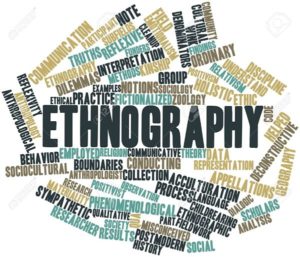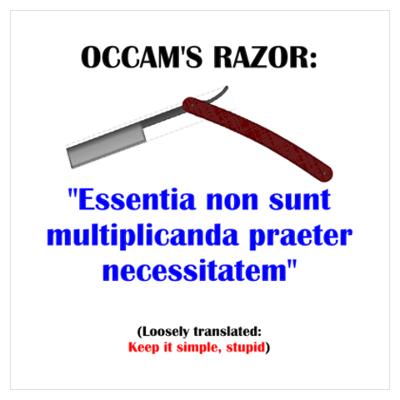Sara Fascione organizes an International Conference “Tradizione e nuovi auctores della Tarda Antichità” at the Università degli Studi di Napoli Federico II on 26-27 October 2023.
For registration and Zoom link please write to sara.fascione AT unina.it
Download poster with programme here
26 October 2023
15.30 Welcome
15.50 Introduction: Sara Fascione, Università degli Studi di Napoli Federico II
Chair: Marisa Squillante
16.00 Jean-Louis Charlet, Université Aix-Marseille
Alcuni aspetti del dialogo culturale tra poeti latini della Tarda Antichità
16.30 Luca Mondin, Università Ca’ Foscari Venezia
Dicendi arte nova parem vetustis: la celebrazione dei nuovi auctores nella poesia tardolatina
Chair: Lucio De Giovanni
17.00 Andrea Pellizzari, Università degli Studi di Torino
Il lessico dell’agronomia nella scoliastica tardoantica: prestiti e confronti letterari
17.30 Sara Fascione, Università degli Studi di Napoli Federico II
Nullo veterum minor noster Symmachus. Leggere Simmaco in un mondo in cambiamento
18.00 Discussion
27 October 2023
Chair: Luca Mondin
9.00 Pierre Descotes, Université Paris-Sorbonne – Institut d’Études Augustiniennes
Hilaire, Cyprien, Tychonius: une discussion sur l’autorité d’auteurs ‘récents’ dans l’epistula 93 d’Augustin d’Hippone
9.30 Gavin Kelly, University of Edinburgh
The Latin secular historians of the fourth century and their early reception
10.00 Umberto Roberto, Università degli Studi di Napoli Federico II
Tradizione e nuovi modelli nella riflessione storico-politica dell’aristocrazia senatoria di Roma tra quarto e quinto secolo: la rappresentazione di Domiziano e Diocleziano
10.30-11.00 Discussion
11.00-11.30 coffee break
Chair: Chiara Renda
11.30 Silvia Condorelli, Università degli Studi di Napoli Federico II
Sidonio Apollinare e Paolino di Périgueux: consonanze poetiche
12.00 Alfredo Mario Morelli, Università degli Studi di Ferrara
Lussorio e gli auctores epigrammatici latini tardo-antichi
12.30 Discussion
13.00-14.30 Lunch break
14.30 Conclusion and final remarks: Claudio Buongiovanni, Università degli Studi della Campania Luigi Vanvitelli

